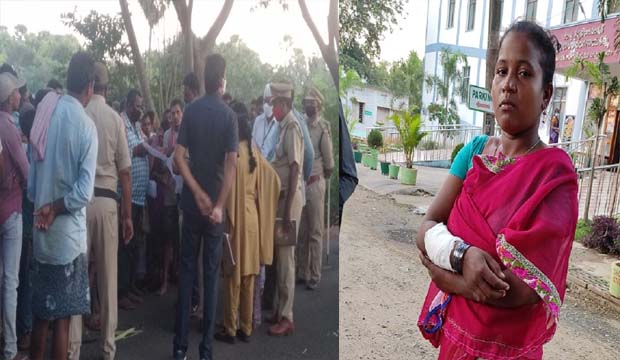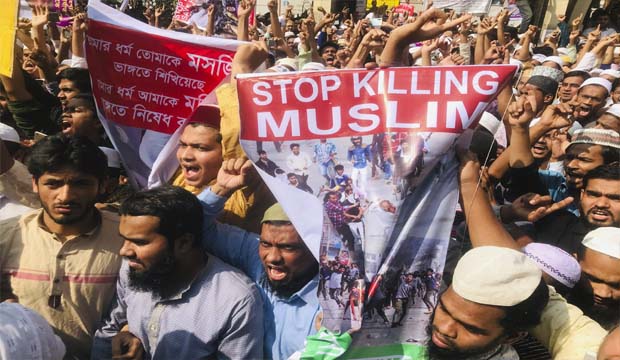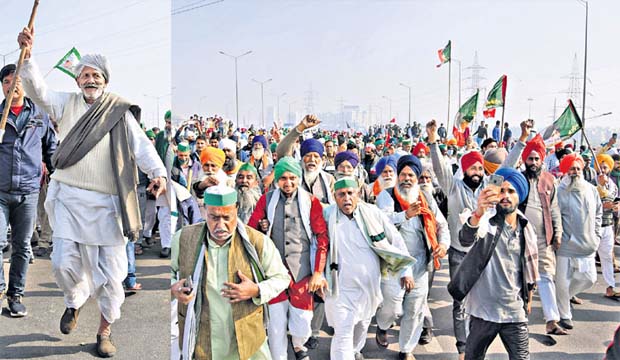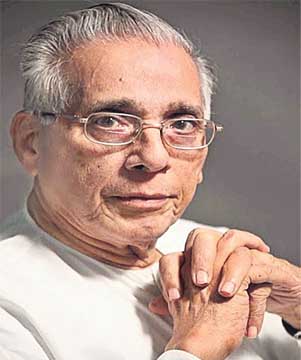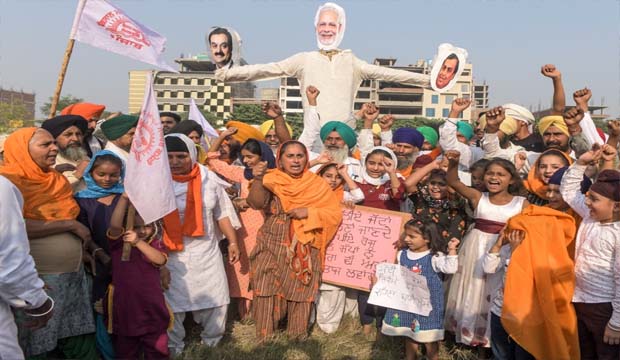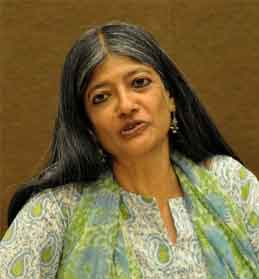
It is the only centrally sponsored scheme under SC and ST budget that attempts to bridge the growing socio-economic gap through providing access to higher education.
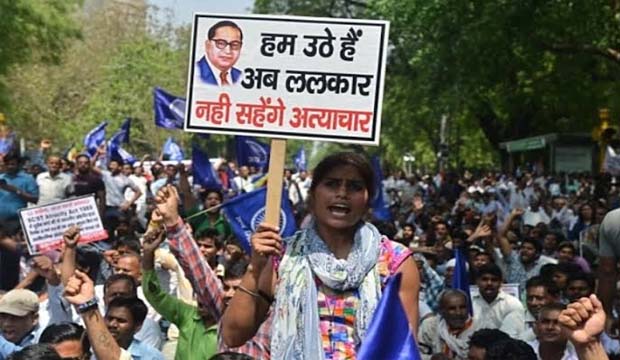 The National Campaign on Dalit Human Rights (NCDHR) has opposed the Union government’s decision to replace post-matric scholarships for the Scheduled Castes, the Scheduled Tribes, the Other Backward Castes and minorities, with a single scheme, allotting it a budget of just ₹7,000 crore.
The National Campaign on Dalit Human Rights (NCDHR) has opposed the Union government’s decision to replace post-matric scholarships for the Scheduled Castes, the Scheduled Tribes, the Other Backward Castes and minorities, with a single scheme, allotting it a budget of just ₹7,000 crore.
NCDHR said in a statement, “It is reported that the PMS scheme is on the verge of being scrapped and to starve the programme of necessary funds. It is also a fact that in the states of Bihar, Haryana, Punjab, Himachal Pradesh, Maharashtra and Uttarakhand, PMS is inordinately delayed. More states are likely to follow suit. This is a denial of education justice to the dalits.”
The Post-Matric Scholarship (PMS) scheme is the only centrally sponsored scheme under SC and ST budgets that attempts to bridge the growing socio-economic gap through higher education. This scheme covers more than 60 lakh students belonging to the poorest sections of the Indian population, whose annual incomes fall below Rs 2.50 lakh per annum.
The NCDHR said, “Most of the other schemes are either notional or diverted and do not in fact reach the communities. Huge money, for instance, has been allocated for schemes such as Optical Fibre Cable based network for Defence Services and Compensation to Service Providers for creation and augmentation of telecom infrastructure, Construction of Jail buildings and Helipad and so on, which are hardly providing direct benefit to the communities. However, currently, this scheme is facing huge challenges to ensure timely disbursement of scholarship to lakhs of students across the Country.”
This scholarship helps lakhs of students coming from socially and economically backward communities, as it helps finance their education right up to their PhD. There are various components of the scholarship, such as maintenance allowance, study tour charges, thesis typing, book allowance, book bank facility and additional allowances for SC/ST persons with disability.
Before 2018, 43% of the funding for the scheme came from the central government, while the remaining amount came from the state governments. In 2018, this ratio was changed to 90:10, that is, the Union government had to pay only 10% of the amount required. According to NCDHR, most of the states are facing a lot of challenges to implement it effectively, due to an increase in the fund requirement to meet these expenses with their own resources.
Since 2018, most of these 60 lakh students have not received their scholarships. According to NCDHR, many states have been requesting the Union Ministry of Social Justice and Empowerment, to release the pending due amount at the earliest considering the severe financial crises amid COVID-19 pandemic, but no response has been elicited from the Centre. They said in their statement, “This will however have a serious impact on the educational goals of these marginalised communities in the days to come.”
Talking to NewsClick, Adikanda Singh, the advocacy officer at NCDHR said, “The students have not been receiving the benefits of the scheme for over two years now, and they want to scrap it completely.” He pointed out several instances where the students have suffered because of delayed scholarships.
In August, 2020, it came to the light that nearly two dozen dalit and tribal students at Tata Institute of Social Sciences, Guwahati, were not able to graduate due to outstanding fees. “This is only one example,” he added, “lakhs of students are suffering because of the indifference of the Union government.”
Viduthalai Chiruthaigal Katchi founder Thol. Thirumavalavan on November 29, had also opposed the Centre’s decision to replace post-matric scholarships. In a statement, he said the Union government was also planning to hold entrance tests for the scholarship, which would deny higher education opportunities to SC/ST students. “If the scholarship to pay their hostel fee is stopped, the SC/ST students will be forced to stop their education. This is nothing but an effort to deny education to shudras and the casteless Scheduled Castes, in accordance with Manusmriti,” he had said.
NCDHR has urged the central government to announce its commitment to allocating the necessary funds and continue the very important scheme to benefit 60 lakh SC and ST students immediately, and to increase the central allocation to Rs.10,000 crore per year to meet the PMS demand and ensure that scholarship is provided to the eligible students. They have also urged the governments to provide the pending stipends to the students immediately, and to increase the monthly PMS amount based on the Consumer Price Index and current and upcoming inflation to ensure that the increasing educational expenses are met properly.
Courtesy News Click


